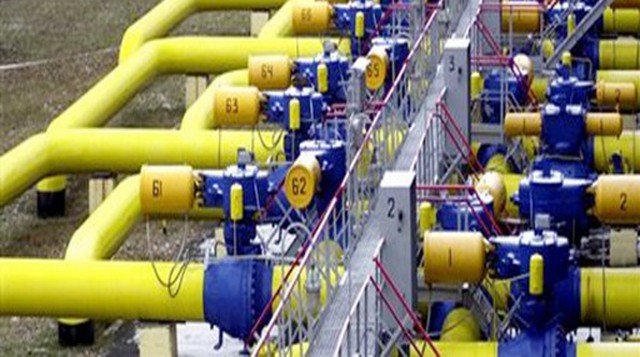
The Cabinet Committee on Energy (CCOE) has stressed the need for preparing a roadmap for a competitive gas market where the private sector should perform an active role.
During a meeting on Thursday, Federal Minister for Planning, Development and Special Initiatives Asad Umar, who was also the committee chairman, said that for the long term, a roadmap for a competitive gas market was required where the private sector should perform an active role.
In Pakistan, state-run gas utilities have a monopoly over distribution and marketing of gas. State energy firms even have control over liquefied natural gas (LNG) imports.
At present, consumers are paying several types of margins to Pakistan LNG Limited (PLL), Sui Northern Gas Pipelines (SNGPL), Sui Southern Gas Company (SSGC), Pakistan LNG Terminals Limited (PLTL) and Pakistan State Oil (PSO).
The government has no integrated system of LNG imports so that margins could be reduced. Earlier, the government considered a proposal to shift LNG business to one or two energy companies. But the proposal has not yet materialised.
Two gas utilities are facing problems of inefficiency, gas theft and leakages, which have caused higher losses. They face 11-17% gas losses. According to the Petroleum Division, their losses stood at Rs50 billion per annum.
Owing to control over gas supply by state companies, the government is also facing financial risks. The Pakistan Tehreek-e-Insaf (PTI) government has allowed the private sector to import LNG, which is expected to bring first cargo in December this year.
The gas sector in different countries like the US is deregulated in which the private sector has prominent role. Even, experts say, the boom in shale oil and gas production in the US is due to the deregulation policies.
However in Pakistan, government companies have maintained control over the gas business since long.
The cabinet body on energy also considered a proposal to split gas utilities SNGPL and SSGC into four companies so that every province has its own company. It also discussed the setting up of a separate and independent gas transmission company.
The idea behind the move was to improve efficiency of the gas companies and reduce their losses, which had put a burden on them as well as consumers.
The government is a major shareholder in the gas companies. Therefore, the companies were also causing billions of rupees worth of losses to the national exchequer.
According to a statement, the CCOE discussed a proposal of the Petroleum Division related to the reform and restructuring of gas transmission and distribution system.
The energy committee directed the Petroleum Division to prepare a comprehensive strategy for regulatory and policy reform in the gas sector. It was also directed that short-term measures for efficiency enhancement and loss reduction should immediately be implemented.
The CCOE set up a sub-committee for regular monitoring of overall progress on the reform agenda and implementation of its decisions.
Published in The Express Tribune, November 20th, 2020.
Like Business on Facebook, follow @TribuneBiz on Twitter to stay informed and join in the conversation.





1730464033-0/BeFunky-collage-(12)1730464033-0-165x106.webp)












COMMENTS
Comments are moderated and generally will be posted if they are on-topic and not abusive.
For more information, please see our Comments FAQ